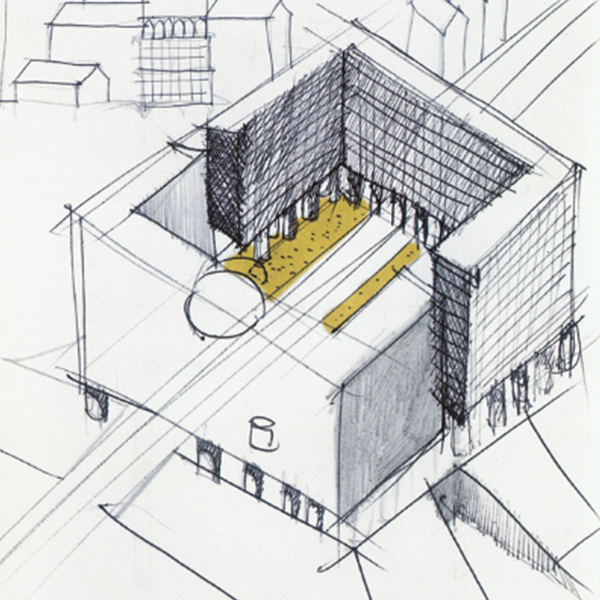##submission.downloads##
DOI:
https://doi.org/10.7480/overholland.2009.8.1629Samenvatting
Aldo Rossi zocht in de jaren zestig van de vorige eeuw naar een alternatief voor de kapitalistische stad en hield een pleidooi voor een autonome architectonische cultuur. Dat betekende in de allereerste plaats dat er een theorie van de stad moest worden opgesteld. In de jaren vijftig van de twintigste eeuw ging het in de Italiaanse architectuur hoofdzakelijk om professionalisering, een poging om een nog altijd ambachtelijke dimensie van het ontwerp en de bouwtechnieken te verbinden met de dringende behoefte aan modernisering die voortvloeide uit de snelle kapitalistische ontwikkeling in de jaren na de oorlog. Door de heropleving van de politieke strijd en de nieuwe maatschappelijke conflicten van de jaren zestig werden alle disciplines, ook het vertoog in architectuur en stedenbouw, echter gedwongen een weg te zoeken naar culturele en conceptuele vernieuwing. Simpelweg doorgaan op de koers van verdere modernisering van architectuur en de stad bleek onmogelijk en de behoefte aan een nieuwe theoretische fundering van de architectuur in relatie tot de stad werd zichtbaar.
Citeerhulp
Gepubliceerd
Nummer
Sectie
Licentie
Copyright (c) 2009 Pier Vittorio Aureli

Dit werk wordt verdeeld onder een Naamsvermelding 4.0 Internationaal licentie.




